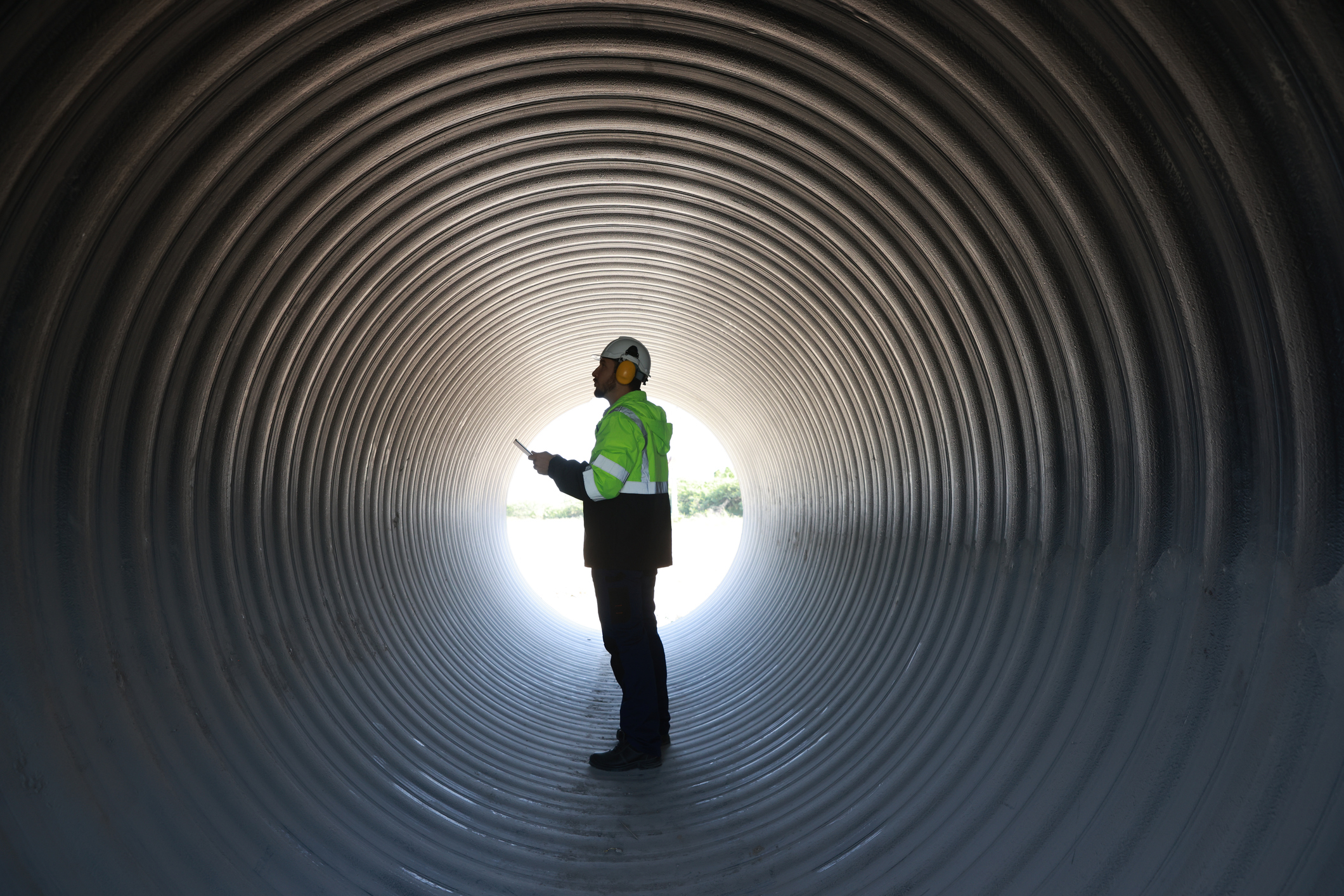In today’s world, sustainability is not just a moral responsibility but a crucial business necessity, particularly in Europe. Companies are increasingly required to adapt to evolving environmental policies and incorporate sustainable practices into their operations. This shift is driven by various factors, including regulatory requirements, market competition, environmental accountability, reputational concerns, and the pursuit of innovation and profitability.
The European Union has set ambitious goals under the European Green Deal to achieve climate neutrality by 2050. This includes stringent carbon emission standards and mandatory environmental compliance for businesses. Regulations such as the Sustainable Finance Disclosure Regulation (SFDR) and the Climate Law enforce the integration of sustainability into corporate strategies, compelling organizations to report on their environmental, social, and governance (ESG) performance. Moreover, policies favoring circular economy principles promote recycling, waste reduction, and the use of renewable resources, requiring companies to reevaluate and modify their business practices.
Market dynamics also play a critical role in this transition. Consumers increasingly favor eco-friendly products and services, while investors prioritize companies with robust ESG credentials. Multinational corporations demand their suppliers adhere to environmental standards, driving sustainability across value chains. These market pressures highlight the necessity for businesses to align with sustainable practices to maintain competitiveness and attract investment.
Environmental responsibility is another key driver. Industries are significant contributors to greenhouse gas emissions, necessitating sustainable practices to mitigate climate change and conserve natural resources. Unsustainable practices, such as resource overexploitation or environmental pollution, are increasingly scrutinized by the public, further emphasizing the need for corporate accountability.
Beyond environmental and market imperatives, companies committed to sustainability enhance their reputations and build trust with consumers and employees. Such organizations are better equipped to avoid penalties, protests, and boycotts while positioning themselves as market leaders. Sustainability efforts also foster innovation, leading to resource efficiency, reduced waste, and the development of new products, technologies, and business models that open new markets and drive profitability.
Leaders in Sustainability: HTR Refractories brings leader producers in the local market
HTR Refractories has the privilege of representing global leaders in sustainability, such as RHI Magnesita and Estanda, on the local market. These companies exemplify how integrating sustainable practices into business operations leads to innovation, reduced environmental impact, and enhanced value for stakeholders.
RHI Magnesita, a global leader in refractory materials, has adopted a comprehensive sustainability strategy. The company aims to reduce its CO₂ emissions intensity by 15% by 2025 compared to 2018 levels. This goal is supported by initiatives such as increased use of recycled materials, improved energy efficiency, and a shift toward low-carbon energy sources. By 2025, RHI Magnesita plans for 15% of its raw materials to come from recycled sources, promoting a circular economy while significantly reducing carbon emissions. Their innovative “4PRO” contract model, introduced in November 2024, revolutionizes refractory solutions for high-temperature industries such as steel, cement, and glass, advancing both technological and sustainability goals. RHI Magnesita’s achievements are reflected in its high ESG ratings and adherence to international standards such as ISO 14001, ISO 50001, and ISO 45001.
Estanda, a Spanish manufacturer specializing in high-quality steel castings, demonstrates how sustainability can be integrated into industrial processes. By using 100% recycled steel scrap, the company minimizes waste and enhances resource efficiency. All production processes rely on renewable energy, significantly reducing their environmental footprint. Estanda also exemplifies circular economy principles by recycling sand used in mold-making and effectively managing waste. In 2023, the company’s CO₂ emissions were limited to just 208.2 kg per 1,000 kg of cast steel, a testament to its environmental stewardship. Additionally, Estanda supports sustainable supply chains by providing clients with detailed CO₂ assessments, enabling better environmental management.
Driving Local Impact Through Sustainability
HTR Refractories is dedicated to leveraging the expertise of RHI Magnesita and Estanda to foster local innovation and sustainability. By introducing these global leaders’ products to the market, HTR Refractories supports local manufacturers in developing new products, optimizing production processes, and aligning with sustainability standards. This collaboration not only enhances the value of final products but also contributes to the broader transition toward a sustainable economy.
In conclusion, the integration of sustainability into business practices is no longer optional. Companies that embrace this transformation position themselves as leaders, not just in their industries but also in the global effort to create a sustainable future. Through its partnerships, HTR Refractories demonstrates how businesses can achieve innovation, profitability, and environmental stewardship, setting an example for the entire industrial sector.
HTR Refractories
Photo: iStock
